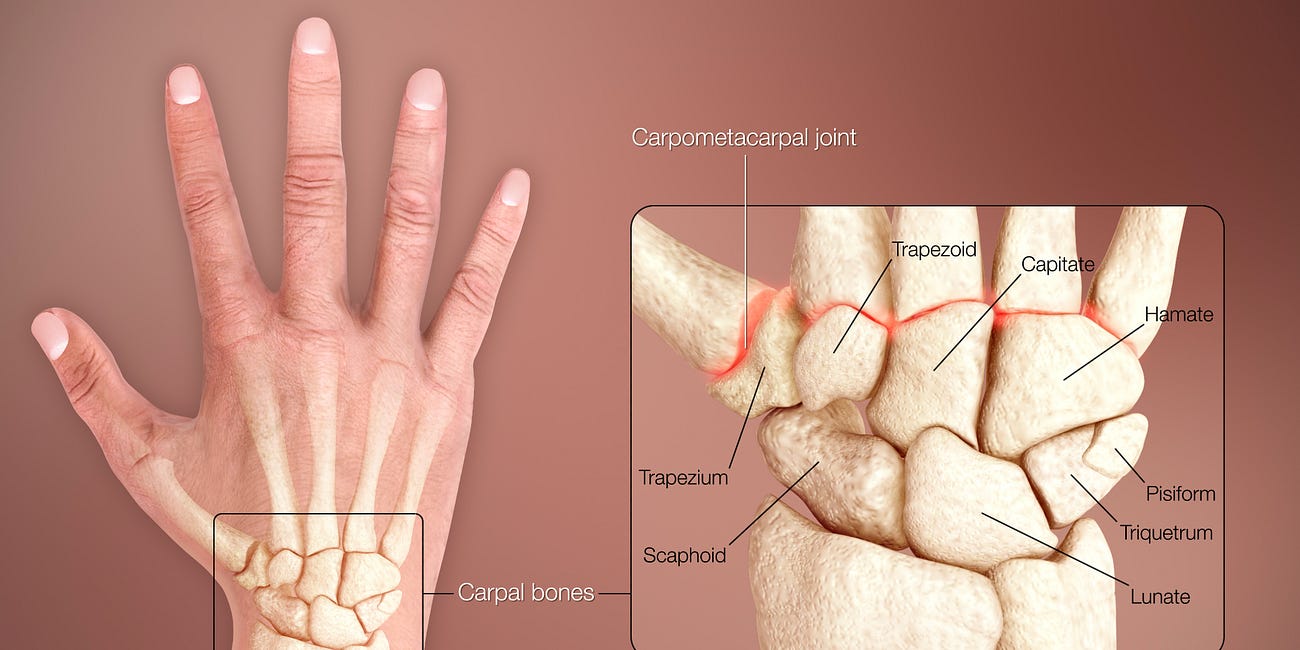How to Study Better with Analogies (and with ChatGPT!)
One of the key problems that we students face when learning new concepts is when we are unable to understand the concept as a whole. One of the most effective ways I have to learn and teach something is by using Analogies!
Table of Contents:
Introduction
As I embarked on my journey as a private tutor, I have also gained much insight on not just consolidating information, but additionally, on how to come up with effective revision methods that can improve the understanding and ability to apply those concepts in the exam.
Reflecting on what some students do (including myself) when learning new concepts/revising for assessments, I also started to identify a few key areas for improvement in the way we are making use of the resources we have:
Mindlessly flipping through textbooks - highlighting, underlining and whatnot
Reading passively through our worksheets and reviewing our corrections without actively writing down
Source: https://freesvg.org/1546230059
While this routine will not apply for all students, I’m sure that there are some of us who will inevitably fall back to our ineffective revision techniques.
Why is this ineffective?
Take for example, when you are learning about the parts of an animal cell:
If you were to passively browse through your notes, identifying the individual parts and telling yourself to memorise while skimming through everything, it might feel as if you are absorbing the information. However, when it comes to the day of the exam, you might find yourself staring blankly at the test paper, struggling to recall the specific phrases & terminologies that you have clearly been scrutinising the day before.
Example of an Analogy (Science)
On the contrary, a learner who seeks to actively recall - starting from a blank slate -will reap more benefits from identifying the facts and concepts he needs to know, finding that it is much easier to identify patterns and link concepts to questions/case studies.
In this scenario, a method that can improve long-term retention of information is to analyse the big picture concept. When considering the functions of the parts of an animal cell, we must consider how the individual organelles support the life - growth/development of the cell.
Analogy Using ChatGPT
What I believe can make learning of such concepts more interesting is through the use of analogies that are relatable to us/interesting enough to be embedded into our brain. As I experimented with the use of ChatGPT, here’s an idea I adapted for the analogy above:
One common tool we can use to enhance learning is flashcards. This definitely helps to improve long term retention of information by allowing yourself exposure to content over a period of time to actively recall the content, a well-researched concept that is called spaced repetition. The downside, however, is if this form of rote memorisation does not come with an apt understanding of the content, it is much easier to forget what you have just memorised.
Another tip for conceptual learning, would be to craft questions that will be able to jog your critical thinking. (I shall cover this in more detail in the future :P)
Here is an article (5 Effective Studying Techniques That Are Backed by Research | Edutopia) that I found to be concise and insightful, in which the article highlighted some study habits that we adopt which might be less useful, as well as recommended some that have potentially greater efficacy.
Concluding Remarks
Ultimately, there is no one-size-fits-all model, as some may prefer drawing diagrams to visualise, some others thrive when learning through videos/animations, and some may enjoy to experiment with word play (creating mnemonics),etc.
Therefore, it is important to experiment with various ways so as to discover your personal aptitude for learning, in order to have a decent grasp of the new materials learnt & test your own proficiency.
Hope this gave you some food for thought~
Happy Reading,
ZX
Check out my other articles on learning techniques:
Learning with Mnemonics
Occasionally, we might come across terminologies or concepts that are much harder to memorise, and it might feel rather demoralising that you might forget it even after repeating it to yourself in your head after multiple times (even when using the concept of spaced repetition and active recall). Therefore, I think it is also important to utilise intere…
Learning with Mindmaps (Encoding Information)
In learning you will teach, in teaching you will learn. ~ Phil Collins It has been about half a year since I started off as a tutor, learning the ropes of not just how to teach, but also how to learn. Venturing into the field of education, I realised that studying in school is a process where we learn to explore our own inclinations towards different lea…










